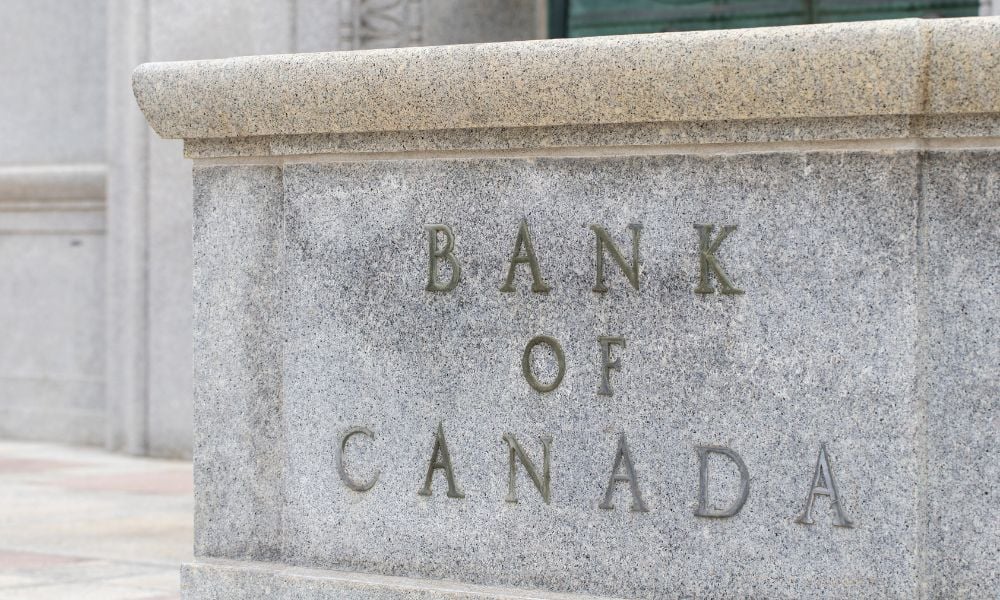New national findings offers picture on retirement readiness, reveals provincial and gender-based variations

Amidst a backdrop of increased borrowing rates, market volatility, and soaring inflation, a new report from the National Institute of Ageing (NIA) offers fresh insights into the financial challenges and perceptions of an aging Canadian population.
The report, drawing from a survey conducted in 2023, provided a glimpse into the financial well-being and perceptions of Canadians over the age of 50.
Underscoring the growing pressure from growing costs of living for older Canadians, the survey found three quarters (75%) of Canadians over 50 believe their income is sufficient, although only a third (33%) report that it’s enough to let them save.
A deeper dive into the data reveals stark variations based on age, health, and geography. Financial satisfaction increased with age, with the highest contentment (46%) observed among those aged 80 and above.
Nearly half (47%) of respondents in very good or excellent health described their income as "good enough," compared to only a fifth (20%) of those in fair or poor health. Regionally, Quebec stands out with 43% of its older population feeling financially secure, notably higher than in other Canadian regions.
Read more: Gender wealth gaps laid bare in new Quebec study
Alarmingly, the survey findings also hint at a stagnation in retirement readiness: only about 35% of working Canadians over 50 feel they can afford to retire at their desired time, flat from 2022.
Forty-seven per cent of respondents from Quebec who intended to retire said they were in a financial position to do so when they wanted, making them far and away the most likely to do so among all regions surveyed. Those from Alberta were least likely to feel retirement-ready, with only 22% from that region saying so – a steep drop from 32% in 2022.
“Retirement readiness increases moderately with age. The proportion who reported that they can afford to retire when they want to was highest among those aged 80 years and older (50%) and least evident among those aged 50–64 years (33%),” the report noted.
“The fact that half of Canadians 80+ still working and intending to retire did not believe they can afford to retire suggests that many who stay in the labour force into very old age are doing so out of necessity rather than choice,” it said.
Read more: TD: Delaying retirement is helping offset a greying economy, for now
Inflation topped the list of future financial concerns among Canadians aged 50-plus, with 70% saying they’re worried about running out of money. Other major worries weighing on the survey respondents included potential cuts in government benefits like CPP or QPP (46%), and not being able to afford major medical or long-term care expenses (37%).
"While Canadians approaching old age (50–64 years) are the most likely to be concerned about financial-related issues, the oldest Canadians (80+) are the least apt to share this perspective,” the NIA reported.
“It is also more common for Canadians 50+ with poorer health status and inadequate incomes to express feelings of concern across financial issues,” it said. “Levels of financial concern are also higher among women than men, while being less evident in Quebec than elsewhere in Canada.”
Have a story idea or suggestion? Email [email protected].



